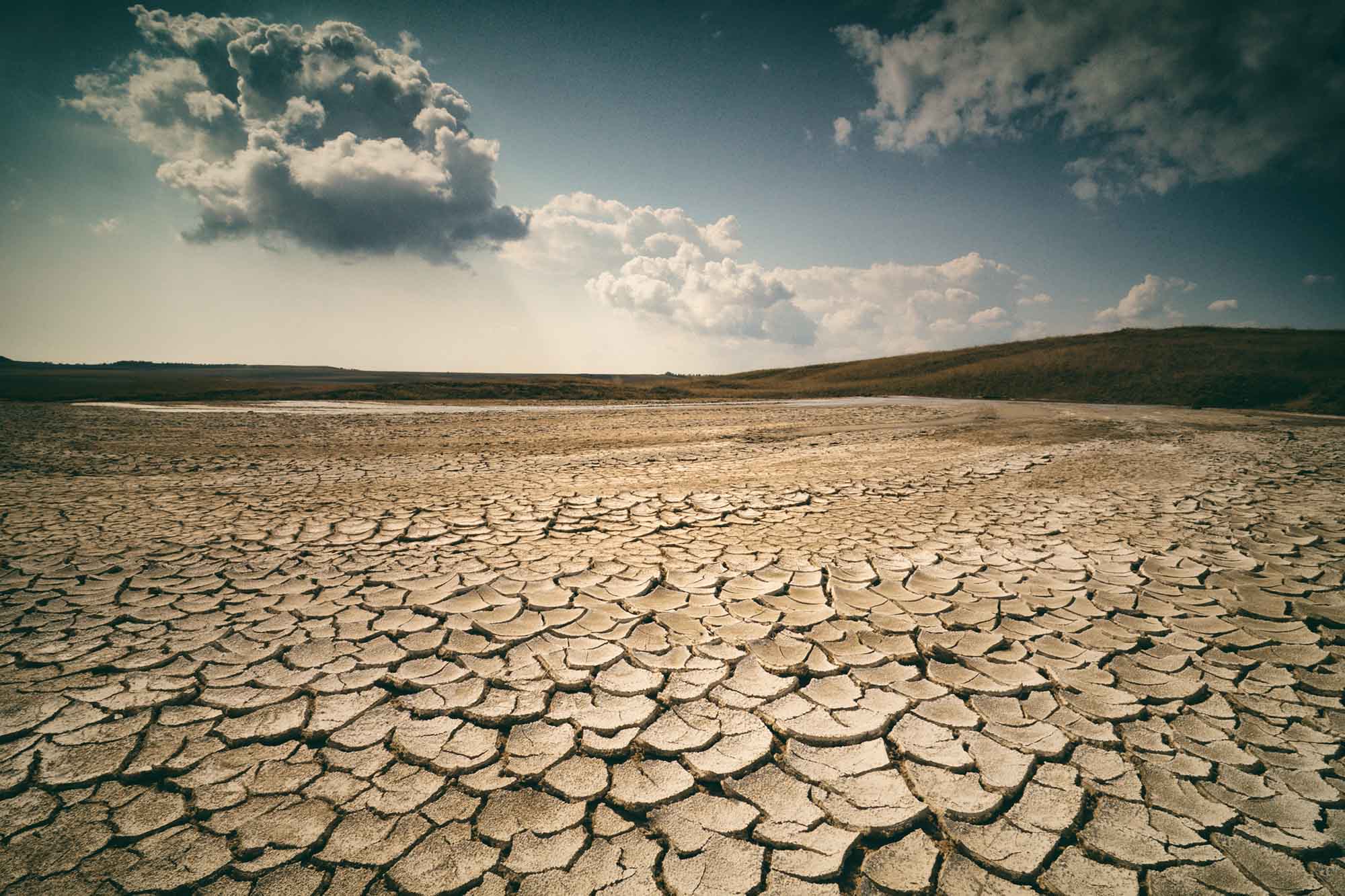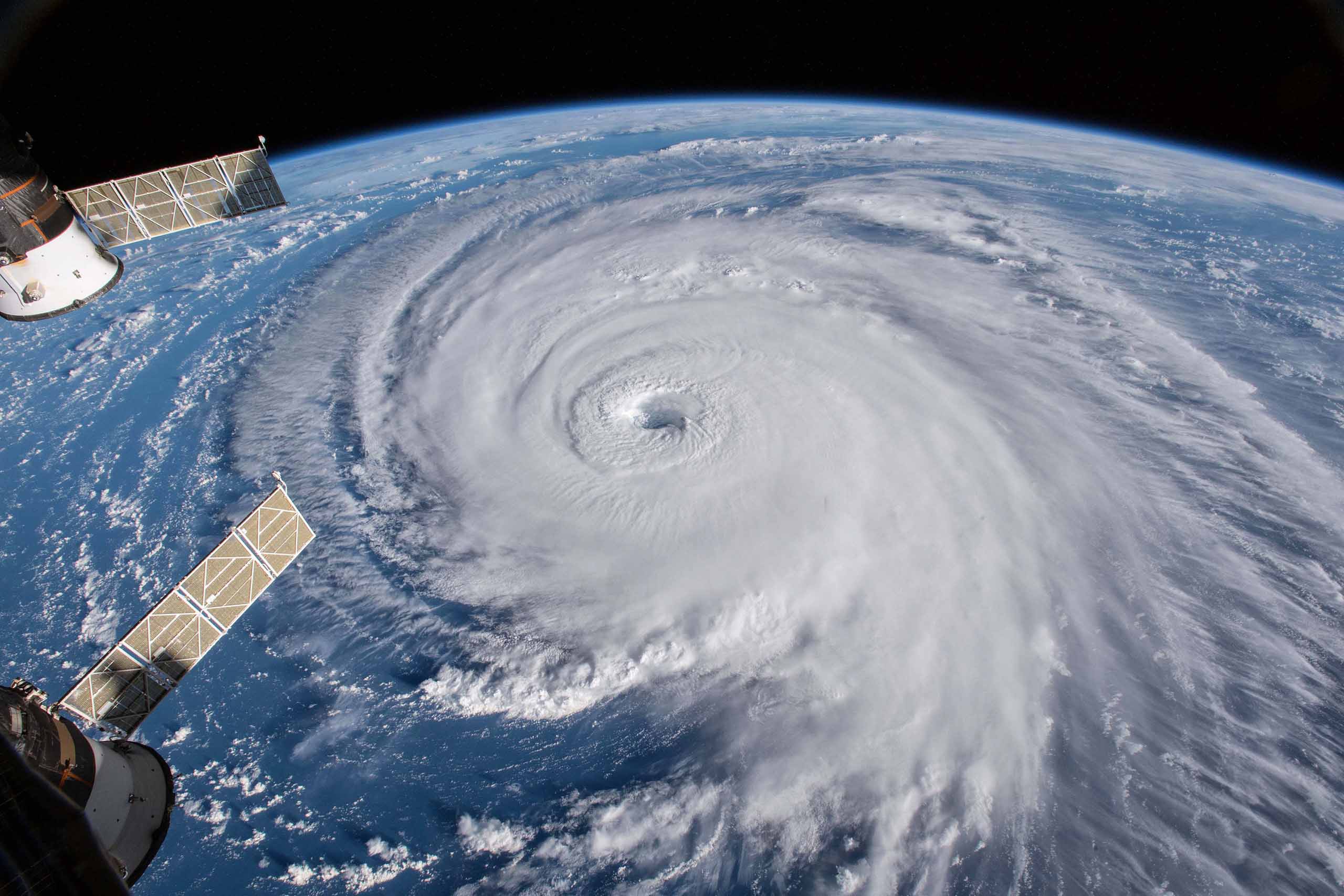It’s no secret that weather forecasts aren’t always accurate. Sometimes they can be downright wrong! But contrary to what you may think, weather forecasts are more accurate than you might believe, and meteorologists actually are more often right than wrong!
In this blog post, we’ll look at the accuracy of weather forecasts and why they’re more reliable than you may think. We’ll also discuss some of the factors that can affect forecast accuracy. So read on to learn more about how accurate weather forecasts are.
More Weather Blogs
How far in the future can meteorologists accurately predict the weather?
Meteorologists use various tools to predict the weather, including satellites, weather balloons, and supercomputers. These tools allow them to track the movement of air masses, measure atmospheric conditions, and forecast the future path of storms. Meteorologists can accurately predict the weather up to about five days in advance with 90% reliability.
This decreases to 80% with a seven-day forecast and 50% at ten days. Mother nature is chaotic, and chaotic systems are impossible to predict with complete accuracy, no matter how sophisticated the tools are. As a result, while meteorologists can provide helpful information about long-term trends, they should not be taken as a forecast, just a “best guess.”
However, we often focus on the times when the weatherman gets it wrong in the short term. But overall, the forecast you see on TV is more likely than not very close to what will happen, as long as it’s for a date within the next week.

How accurate are weather forecasts overall?
Weather forecasting is undeniably a complex science. Meteorologists must consider a wide range of factors, including air pressure, humidity, wind speed and direction, and the movement of bodies of water. As a result, there is always some uncertainty regarding predicting the weather.
Modern forecasts are generally quite accurate, thanks to advances in technology and understanding of the atmosphere. Most short-term forecasts are accurate to within a few degrees. So while the weatherman may not always be right, he is usually pretty close. And that’s good news for everyone who wants to plan their week around the weather.
How can you use weather forecasts to your advantage?
Weather forecasts can be beneficial when it comes to planning your day-to-day activities. By checking the forecast, you can see what the temperature will be like and whether or not there is a chance of rain or snow. This information can help you dress appropriately for the weather and plan outdoor activities accordingly.
In addition, weather forecasts can also give you a heads up about potentially hazardous conditions, such as high winds or severe thunderstorms. By keeping an eye on the forecast, you can avoid dangerous situations and stay safe.
For gardeners, knowing when it will rain will keep your garden and yard green and growing all season long. Make checking the forecast part of your “morning routine.” if you’re planning some exercise, it’s best to schedule that on dry and comfortable days (or nights).

Are there any situations in which weather forecasts may not be accurate?
Weather forecasts are generally accurate, but there will always be some factors that can lead to inaccurate predictions. For example, if a storm develops faster than expected, the forecast may not have time to adjust. Additionally, weather patterns can sometimes change unexpectedly, resulting in a forecast that doesn’t quite match up with reality.
However, the most common cause of inaccurate weather forecasts is human error. Even the most experienced meteorologists can make mistakes when interpreting data or making calculations. That said, inaccuracies usually only occur in specific circumstances, and most forecasts are still reliable.




